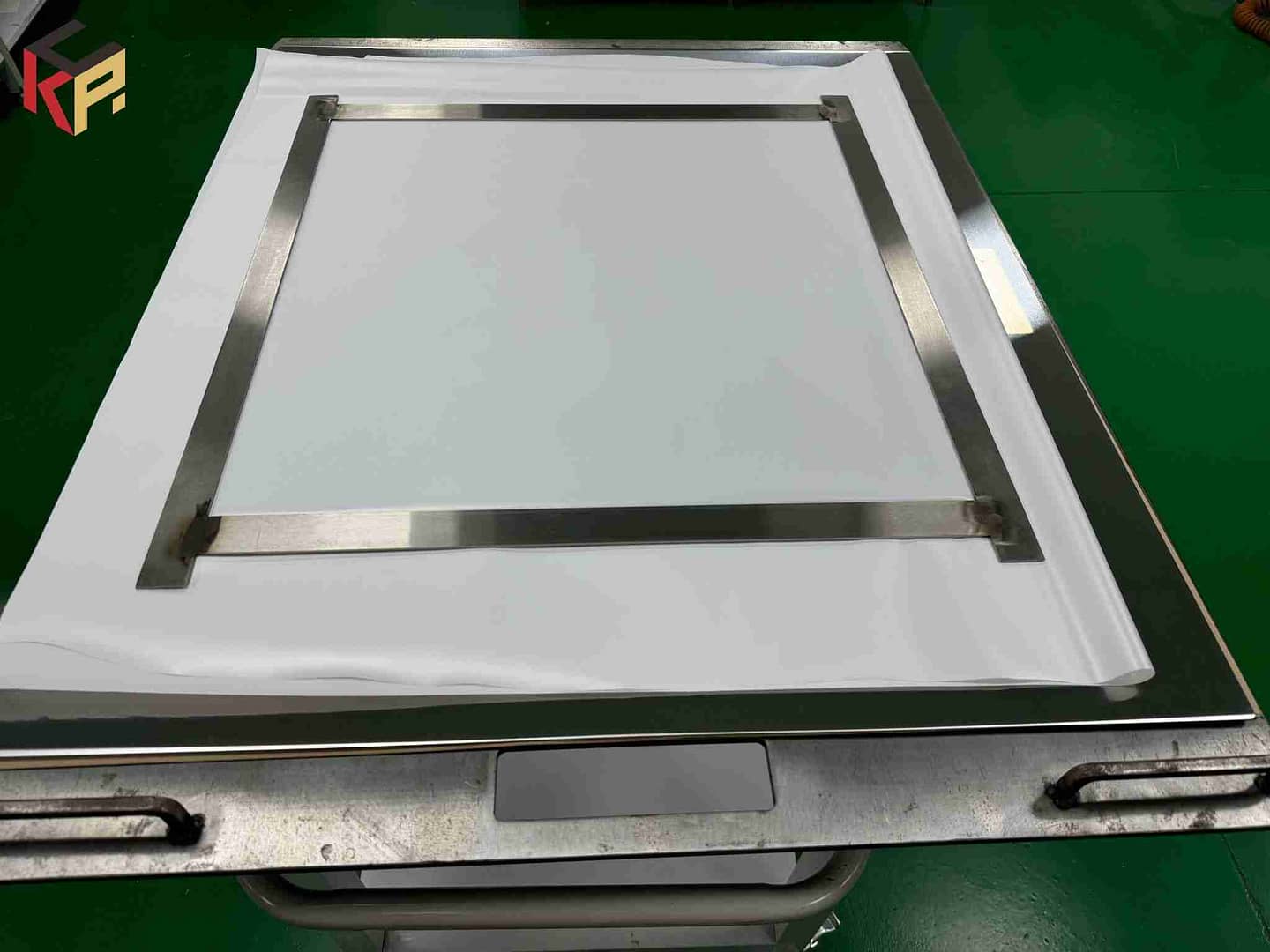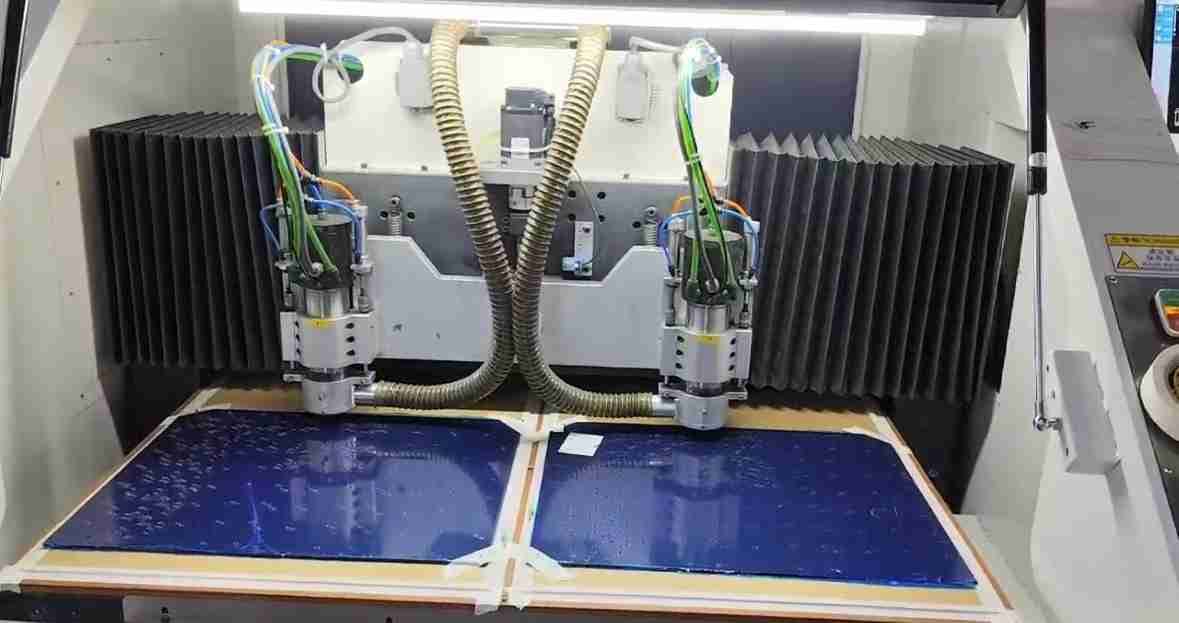
Renowned for top-tier strength per unit weight, carbon fiber tubes excel in demanding roles requiring robustness and lighter builds
Made from woven or aligned carbon filaments set within a resin matrix, these tubes create a stiff composite structure
Optimally placed carbon fibers result in superior tensile and stiffness characteristics, while the light polymer matrix reduces total mass
These property synergies permit the engineering of assemblies that deliver robustness without excessive weight
Carbon fiber tubing is integrated into aircraft, vehicles, sports equipment and medical implements
For aircraft construction, carbon fiber tubing reduces structural mass in fuselages and wings, boosting fuel economy and capabilities
In cars, carbon fiber tubes are applied to suspension and structural reinforcements to enhance dynamics and lower curb weight
Carbon Fiber Square Tubes: Precision-engineered sections for structural integrity
In engineering fields that require minimal weight and maximum structural performance, square carbon fiber tubes excel
The precision manufacturing yields components with excellent mechanical behavior and adaptable design potential for many uses
Manufactured by integrating carbon fiber architectures with a cured resin matrix, square tubes reliably withstand both compression and tension forces
Their rigid nature enables square carbon fiber tubes to perform reliably in integrity-critical structural uses
Applied to aerospace, automotive chassis, and performance sport equipment, these square tubes deliver reliable behavior under severe loads
Their reduced weight also helps achieve better fuel efficiency and improved overall system performance
- Beyond that, precise dimensional control enables straightforward integration and diminishes costly manufacturing changes
- Therefore, these square tubes are now core materials in sectors aiming for innovation, efficiency and superior performance
Rectangular carbon fiber tubes tailored for optimized performance and custom shapes
This composite offers outstanding strength per unit weight and stiffness, ideal for rigorous engineering applications
Rectangular and prismatic carbon fiber tubes in particular deliver superior performance because of their engineered geometry
Tailored fabrication of rectangular carbon fiber tubes ensures the intended mechanical properties and structural reliability
Manufacturers and fabricators create high-precision rectangular carbon fiber tubes for aerospace, sports and industrial uses according to specifications
Flexible design and manufacturing of these tubes drive innovative solutions focused on maximizing performance and utility
Advanced carbon fiber plates with outstanding stiffness and toughness
With outstanding rigidity, carbon fiber plates excel in applications demanding high load resistance
Formed by embedding carbon fibers into a cured resin matrix, plates demonstrate excellent anti-bending and deformation properties
Their resistance to impact is derived from carbon fibers’ capacity to tolerate energy transfer without abrupt fracture
Advanced composite solutions combining carbon fiber tubes and plates for high performance
Carbon fiber composite tubes and plates emerge as leading options for their excellent strength-to-weight ratio and mechanical characteristics
Their lightweight yet robust nature suits diverse uses, from aerospace and automotive sectors to sporting and specialized consumer products
These composites are manufacturable into intricate geometries while preserving stiffness and resilience, expanding design possibilities
Moreover, progress in manufacturing has improved cost-effectiveness and scalability, increasing accessibility across industries
Adopting carbon fiber plates and tubes brings advantages like superior mechanical performance with less mass than old materials
Such composites resist corrosion and fatigue, enhancing durability and dependable service life in challenging environments
These composite properties stimulate innovation and guide the evolution of engineering design and materials science
Surveying applications and deployments of carbon fiber tubes and plates
Carbon fiber composite tubes and plates demonstrate robustness and have become highly recognized across many fields
Excellent ratios of strength to weight and mechanical performance qualify them for a broad array of applications
Typical uses encompass aerospace, automotive and construction industries where structural parts require strong, durable materials
Equipment for sports such as cycling and golf often employs carbon fiber plates and tubes to raise performance levels
Additionally, medical uses include prosthetic limbs, surgical instruments and orthotics made from carbon fiber composites
Lightweighting strategies using carbon fiber tubes, plates and related components
These composites enable significant mass savings across industries without compromising mechanical performance
Tubes are commonly used where high stiffness and low mass are priorities, for example bicycle frames and wind turbine blades
Plates are chosen for their stiffness and impact resistance in aerospace structural parts where stability and load capacity are critical
Advances in material science revealing new possibilities for carbon fiber
As a materials innovation, carbon fiber is celebrated for its outstanding strength and resilient behavior
The fusion of thin carbon fibers and a polymer matrix creates a composite that is both light and mechanically strong
Expansion in aerospace and automotive use follows the advantages of mass reduction for fuel savings and enhanced performance
Automotive use of carbon fiber helps produce lighter, stronger chassis and body parts that improve handling and occupant protection
Carbon fiber structures offer adaptable solutions across both aerospace and automotive industries
These composites revolutionize industries such as aerospace and automotive through superior strength-to-weight performance
By reducing mass, these materials support high-performance, fuel-efficient and durable vehicle and aircraft designs
In cars, carbon fiber is often found in body panels, chassis parts and structural elements to decrease weight and enhance performance
The evolution of carbon fiber tubes and plates is reshaping engineering horizons
Their strength-to-weight performance has driven significant change across a variety of industries
Across aerospace, automotive and medical arenas, these lightweight robust materials are employed where performance and lower weight are priorities
In aircraft applications, carbon fiber parts help reduce fuel needs and enhance aerodynamics
In cars, integrating carbon fiber lowers vehicle mass, boosting acceleration, handling and operational efficiency
- Proper leveraging of carbon fiber involves understanding its performance attributes, manufacturing constraints and trade-offs in design Optimally using carbon fiber needs insight into material response, production limitations and design balance choices carbon fiber poles Leveraging it successfully requires a detailed understanding of material behavior, fabrication constraints and design trade-offs To maximize benefits, designers must understand carbon fiber mechanics, manufacturing restrictions and the trade-offs involved
- Outlook is bright for carbon fiber tubes and plates as their uses continue to expand across industries
- Further research and innovation will enhance characteristics and expand where these materials can be applied
- Accordingly, carbon fiber’s importance in upcoming engineering and manufacturing applications is poised to increase
A complete guide to extracting maximum performance from carbon fiber materials
Its notable strength-per-weight and stiffness traits position carbon fiber as a leading material to drive performance improvements
Explore material properties, use cases and methods for integrating carbon fiber to maximize design outcomes
In domains like automotive, aerospace, sports and electronics, carbon fiber enables measurable performance improvements
Successful implementation requires knowledge of carbon fiber behavior, fabrication methods and necessary design compromises
The diverse range of industries where carbon fiber is making a significant impact.